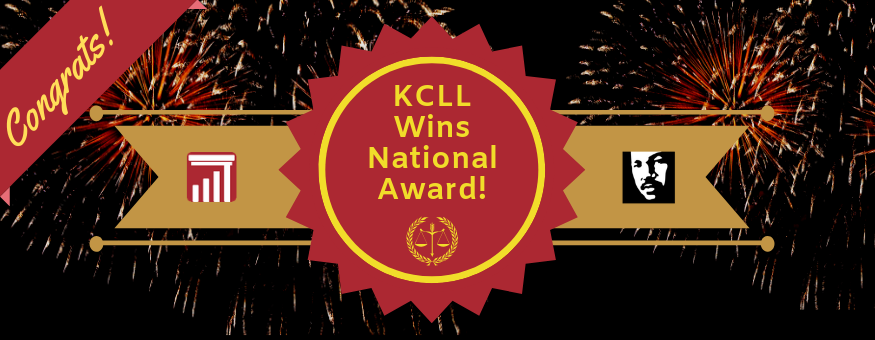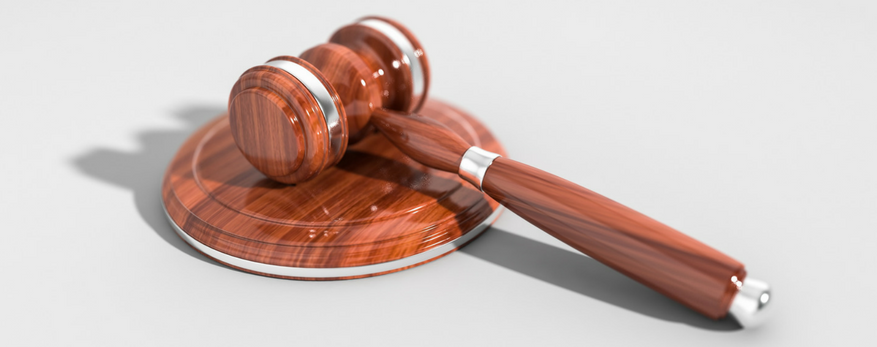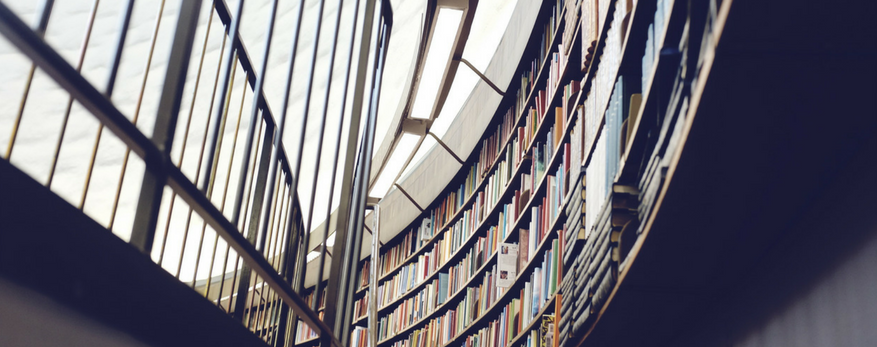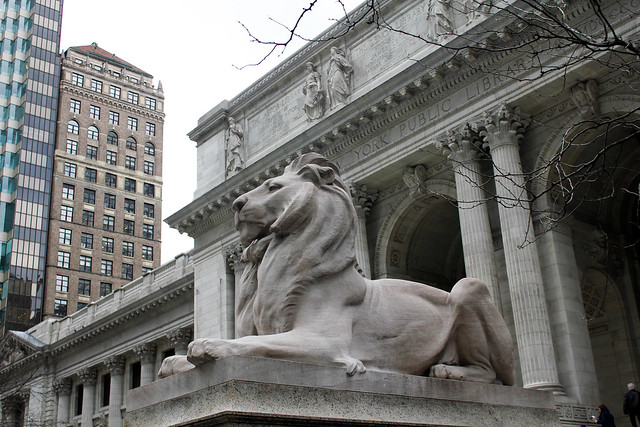The Workshops
We launched Civil Lawsuits Without Tears in March of 2018. It was the first workshop in our then new Self-Represented Litigants (SRL) Workshop series. That series now includes three civil procedure workshops, four family law workshops, a small business law workshop and a power of attorney workshop. Plans for a landlord/tenant workshop are in the works.
When we made that first launch we were confident we had created a new, practical, and sustainable mechanism for helping the self-represented litigants we work with become better prepared for their day in court. It was “new” for several reasons. It leveraged partnerships with volunteers from the local bar and the LLLT community, local public libraries like SPL and KCLS, and other community centers. It married face-to-face classroom instruction with follow-up content support on our website. It brought instruction out to where the self-represented litigants live and work in surroundings they are more familiar with. It was “practical” because KCLL staff worked closely with our volunteer instructors to choose content that was focused on the specific areas of civil procedure that most often confound self-represented litigants. It was “sustainable” because the load or weight of content development, instruction, and marketing was spread across all partners.
We had also hoped that workshop attendees would find the content understandable and immediately useful; that they would appreciate being able to attend the workshops in the local libraries or community centers they were already familiar with, and that access to the blank forms and research links on our custom SRL workshop website would continue to provide support down the litigation road.
To date, over 400 self-represented litigants have attended at least one of the workshops. We are hard at work searching for additional volunteer attorneys to help us develop and present relevant content and have plans for expanding the number of public library branches at which the workshops are hosted. Feedback from attendees has been very positive and they often return to KCLL for further research help.
The Award
The American Association of Law Libraries (AALL) is a nation-wide professional association for law librarians who practice in pubic, academic and private firm law libraries. AALL sponsors a number of juried awards that recognize outstanding achievement in various aspects of law library management and services. This year, AALL added a new award called the Excellence in Community Engagement Award. This award focuses on community engagement and public relations and was created to “ …recognize and acknowledge outstanding contributions achieved by the Association’s members in raising the visibility of the profession and its Association.” In February of this year, LeighAnne Thompson and Stephanie Wilson from the Seattle University School of Law Library nominated our Self-Represented Litigants Workshop series. In March, we were overjoyed to receive this communication from Sally Holterhoff, chair of AALL’s Excellence in Community Engagement Award Jury:
“…your library’s Self-Represented Litigant (SRL) Workshops have been selected as one of two recipients of an inaugural AALL Excellence in Community Engagement Award. Congratulations on this honor. Our jury felt that your project does an outstanding job of reaching people in your community at their point of need with practical information. With these workshops, you are involving the legal and library communities in partnering to address the information needs of self-represented litigants and to help them successfully navigate the legal system.”
Many Thanks
We are very grateful to our SRL workshop partners, without whose help the workshop series would not have been possible. KCLL is indebted to the following individuals and organizations for their contributions to the workshop series and is excited to continue the collaboration to support and improve the education of self-represented litigants in King County:
- Jeff Cowan, Esq.
- Anthony Gibbs of Moceri Law Group, PLLC
- Debbie Williams, Esq
- McKean Evans of Pivotal Law Group
- Stephanie Wilson, LeighAnne Thompson of the Seattle University School of Law
- The law student volunteers of the Seattle University School of Law Access to Justice program
- David Witus, Esq.
- Jennifer Ortega of Legal Technician Division, PLLC
- Sarah Bove of Legal Technician Division, PLLC
- Valerie Wonder and Nika Pratsitsilpsiri of the Seattle Public Library
- Jose Garcia and Andy Wickens and the staff of the Kent branch of the King County Library System
- Julia Gibson and the staff of the Shoreline branch of the King County Library System
- Maria Arcorace and the staff of the Burien branch of the King County Library System
- Mason Wiley of the U. Heights Community Center
If you are interested in learning more about our workshops – or the possibility of facilitating them, we’d love to hear from you. Please contact us here or call us at (206) 477-1305.



